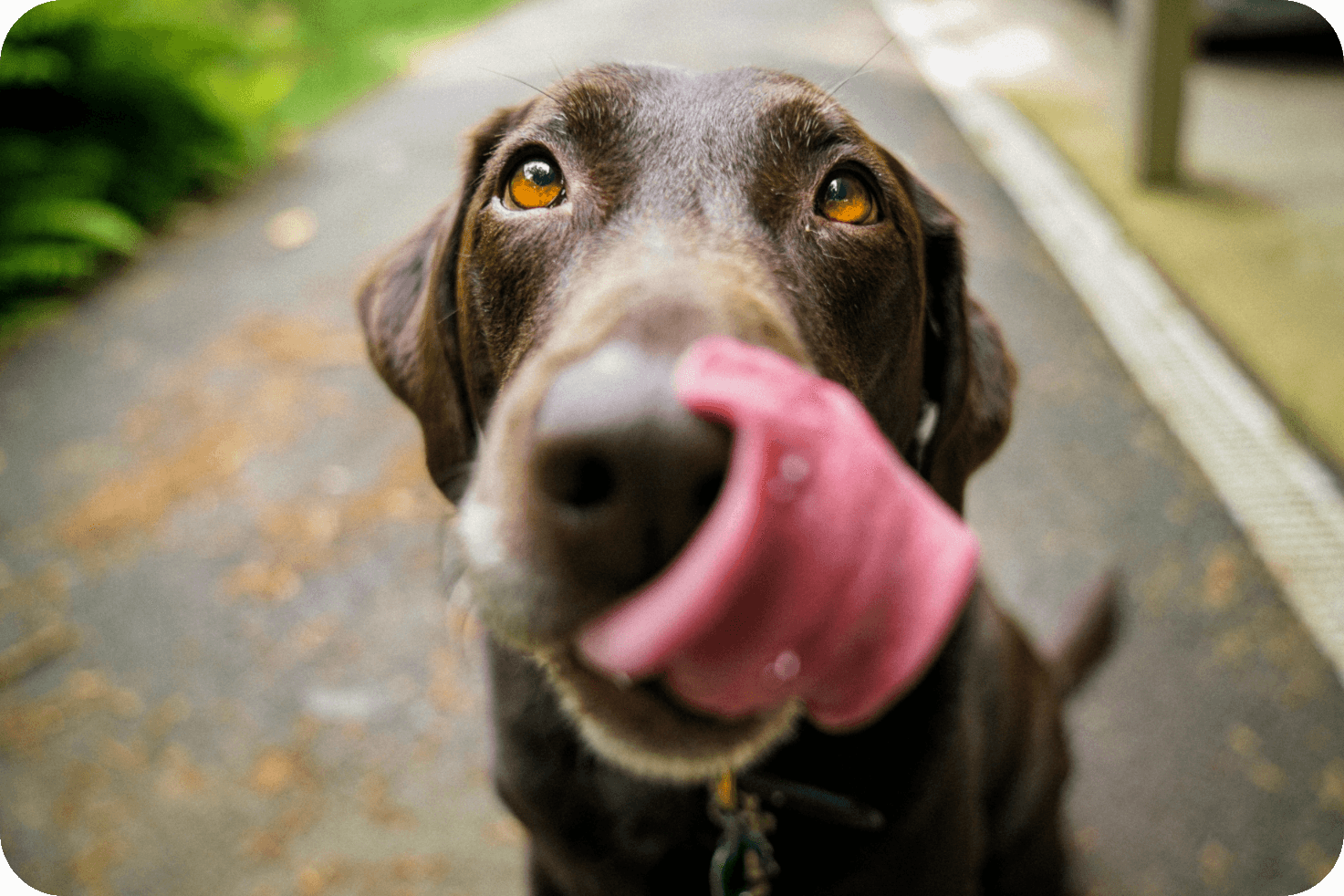5 Ways to Help Your Constipated Dog

5 Ways to Help Your Constipated Dog
Constipation is a common problem for dogs, just as it is for humans. If you notice that your furry friend is struggling to pass stool or is producing hard, dry feces, it’s likely that they are constipated. Constipation can be uncomfortable and even painful for dogs, so it’s important to take steps to help alleviate their symptoms. In this blog post, we’ll discuss some ways to help dogs with constipation.
Increase Water Intake
One of the primary causes of constipation in dogs is dehydration. If your dog is not drinking enough water, their stool can become dry and difficult to pass. To help your dog stay hydrated, make sure they have access to fresh water at all times. You may also want to consider adding a little bit of low-sodium chicken broth or water to their food to encourage them to drink more.
Add Fiber to their Diet
Fiber can help promote regular bowel movements and prevent constipation. You can add fiber to your dog’s diet by feeding them foods such as pumpkin, sweet potato, green beans, or carrots. You can also consider switching to a high-fiber dog food or adding a fiber supplement to their meals.
Increase Exercise
Regular exercise can help stimulate your dog’s digestive system and promote regular bowel movements. Make sure your dog is getting enough exercise by taking them for daily walks or playing fetch in the backyard.
Massage the Abdomen
Gently massaging your dog’s abdomen can help stimulate their digestive system and encourage bowel movements. You can do this by placing your hand on their abdomen and rubbing in a circular motion.
Use Laxatives or Stool Softeners
If your dog’s constipation is severe, your veterinarian may recommend a laxative or stool softener to help relieve their symptoms. These medications should only be used under the guidance of a veterinarian, as they can have side effects.
In conclusion, constipation can be uncomfortable for dogs, but there are steps you can take to help alleviate their symptoms. By increasing their water intake, adding fiber to their diet, increasing exercise, massaging their abdomen, and using laxatives or stool softeners as needed, you can help your furry friend feel more comfortable and regular. However, if your dog’s constipation persists or worsens, it’s important to consult with your veterinarian, as there may be an underlying medical condition that needs to be addressed.
If you’re interested in helping improve your dog’s gut health, check out This Saves Paws Probiotics!
